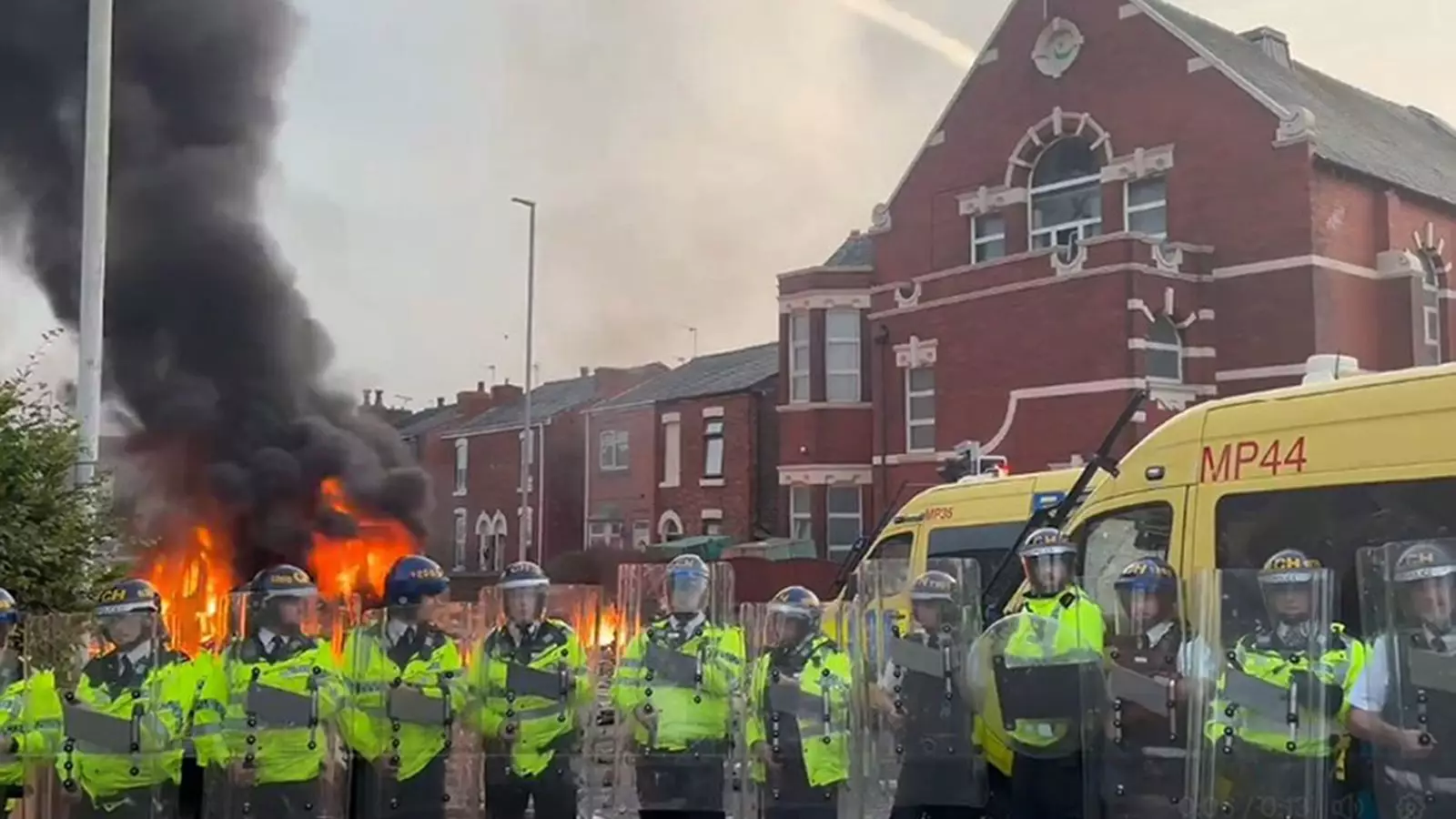In a digital age where misinformation and extremist content are rampant online, it has become increasingly important to equip children with the skills to differentiate between fact and fiction. The proposed changes to the school curriculum, as announced by Education Secretary Bridget Phillipson, aim to embed critical thinking across various subjects to help children detect fake news and extremist ideologies.
The review of the curriculum in both primary and secondary schools will focus on incorporating critical thinking skills into subjects such as English, Maths, and Computer lessons. By analyzing articles in English lessons, students can learn to distinguish between fabricated clickbait and accurate reporting. In Computer lessons, they can be taught how to identify fake news sites, while Maths lessons can include analyzing statistics in context. This holistic approach will empower children to question and challenge the information they encounter online.
Education Secretary Bridget Phillipson emphasized the importance of preparing young people to combat disinformation, fake news, and conspiracy theories prevalent on social media platforms. By instilling critical skills in students, the curriculum aims to equip them with the tools needed to navigate the digital landscape responsibly. The goal is to cultivate a generation of individuals who can discern truth from falsehood and make informed decisions based on reliable sources.
In addition to enhancing critical thinking skills, the renewed curriculum also seeks to broaden students’ access to cultural subjects. By providing a well-rounded education that includes diverse perspectives and experiences, schools can foster a sense of understanding and empathy among students. This, in turn, prepares them to engage with a multicultural society and thrive in an increasingly interconnected world.
The need for improved critical thinking skills in children is underscored by the real-world consequences of misinformation. The recent riots in the UK, sparked by online misinformation about a Muslim asylum seeker, resulted in widespread unrest and violence. The National Police Chiefs’ Council reported a significant number of arrests related to the riots, highlighting the destructive impact of false narratives spread online.
The role of social media in disseminating misinformation and inciting violence has raised concerns about the regulation of online platforms. While the Online Safety Act aims to hold companies accountable for inappropriate content, there is still a need for stricter regulations to prevent the spread of harmful material. Politicians, including Sir Keir Starmer, have expressed support for enhancing social media regulations to protect vulnerable individuals from online harm.
The proposed changes to the school curriculum to enhance critical thinking skills in children mark a significant step towards combating misinformation and extremist content online. By equipping students with the ability to discern truth from falsehood, schools can empower them to navigate the digital world responsibly and make informed decisions. It is imperative that education not only focuses on academic subjects but also cultivates critical skills that are essential for success in the 21st century.


Leave a Reply